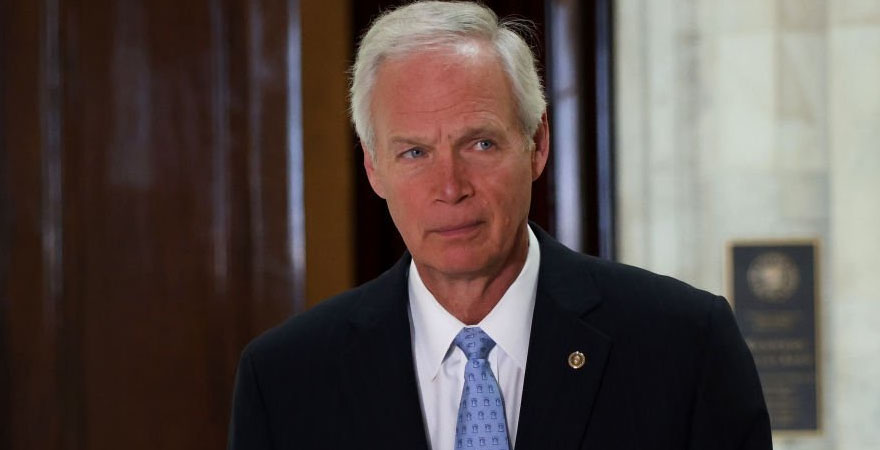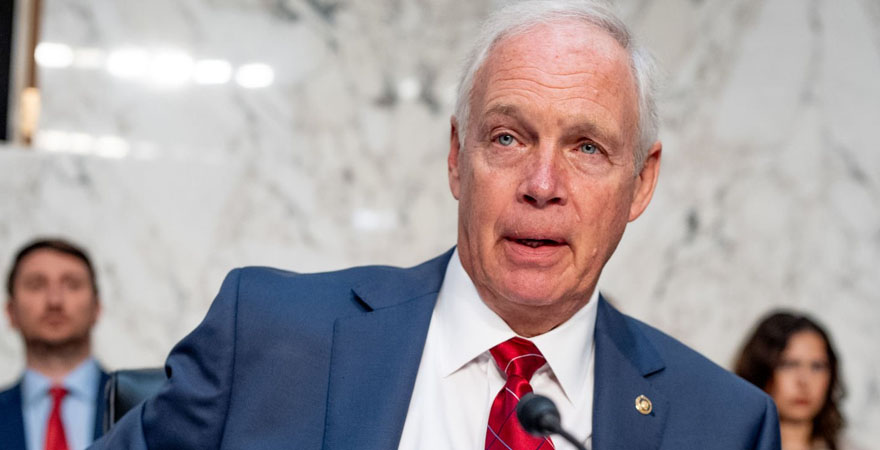Sen. Ron Johnson (R-WI) confirmed Tuesday that he received assurances from party leadership that Republicans will have another opportunity to pursue cuts to Medicaid, following their support for former President Donald Trump’s sweeping budget bill.
Speaking to Politico, Johnson said the promise of future action on Medicaid was a key factor in his decision to back the budget legislation, which already includes over $700 billion in Medicaid reductions and introduces new work requirements for beneficiaries, set to begin after the 2026 midterm elections.
“I think I pretty well have a commitment. They’re going to do that,” Johnson said, referring to plans to revisit cuts to the Affordable Care Act’s (ACA) Medicaid expansion.
The ACA’s expansion of Medicaid has been a longstanding target for Republicans. Since the party’s failed attempt to repeal the law during Trump’s first term, GOP lawmakers have sought to chip away at the legislation through budgetary measures and state-level policy changes.
While Johnson had publicly voiced concerns over the Medicaid cuts in Trump’s initial budget, he ultimately voted in favor of the bill. He explained to Politico that his support was strategic, aimed at ensuring his continued influence in ongoing negotiations surrounding future health care policy.

“Another reason why I definitely had to vote ‘yes,’ I would have just dealt myself out of being involved in that process,” he said. “And I wanted to be highly involved in that process. That’s where I gained a fair amount of confidence from the White House, the President, our leadership, that we will have a second bite of the apple.”
The initial proposal to include deeper Medicaid cuts, including a rollback of the ACA expansion, had been floated by Sen. Rick Scott (R-FL) during the budget reconciliation process. However, those provisions were ultimately left out of the final bill passed by Congress.
Still, Johnson and other GOP senators appear confident that another opportunity to push through the cuts will come soon, possibly through standalone legislation or in the next fiscal package. With Medicaid expansion now covering millions of Americans across both red and blue states, the move is expected to ignite heated debate.
Republicans argue that reducing federal Medicaid spending is necessary for long-term budget stability and incentivizing work. Democrats, meanwhile, warn that such cuts would devastate low-income families and vulnerable communities that rely on the program for basic health care services.

